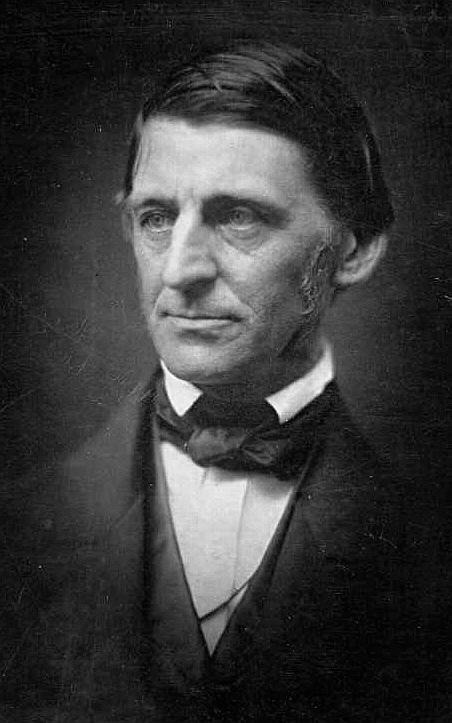My wife has a book of essays by Ralph Waldo Emerson. It's been in her bookshelf for ages. However, she took it out the other day and put it on the table next to my chair. "That's a man you'll agree with," she said. Then she read out a few sentences about his life and life accomplishments, and it certainly sounded like he'd be someone I could relate to. But why read a bunch of 19th century essays when there are quotes to be read on the internet?
Here's 33 Emerson quotes, and I'm not completely taken in by them. For one, I disagree with Mr Emerson on quote number six, which reads: "Always do what you are afraid to do." That's terrible advice. There might be very good reasons to fear something, so it makes no sense to do them anyway. I fear that Tesla stocks are too expensive, and I would absolutely hate to jump out of an airplane. Why should I buy Tesla stocks or jump out of an airplane just because I fear these things? That would be stupid.
Fears shouldn't all be faced, they should be managed. We have to assess the nature of our fears. The ones that make sense, we must guard ourselves against. The ones that stand in our way, we must go about intelligently. If they are irrational phobias, we face them directly by doing what we are afraid of. But if they are rational, like the prospect of jail time or heavy fine for disobedience, we must find intelligent ways to push back. Head on confrontations with police officers are rarely the way to go.
I'm sure Mr Emerson would actually agree on these points. What he had in mind was probably fears that get in our way, such as irrational fears and fears of failure. He wasn't suggesting we should do stupid things just for the heck of it, which brings us to the problems of relying on quotes as a source of wisdom. Outside their original context, quotes can easily be misinterpreted.
Take quote 16 for example: "The earth laughs in flowers." What the heck does that mean? Am I supposed to be inspired by this? Yes, I get it. I like flowers. I grow them in pots out on our balcony, and I'm experimenting with micro-composts, and it's all very rewarding and fun. But does the world laugh in flowers? Sound like a bunch of pretentious fluff to me.
Then, there's quote number 22 that may shed some light onto the above confusion: "To be great, is to be misunderstood." Combined with the very last quote on the list, things make sense. Emerson tells us: "I hate quotations. Tell me what you know." Basically, we shouldn't rely too much on quotations. We should make up our own mind about things. We should read stuff to learn, not to go around like parrots. So I guess I have to read Emerson's essays in order to get a good understanding of him, and even then there's a good chance I'll misinterpret a few things. But that doesn't matter. If it inspires me to think, it will be worth my time reading his thoughts, and I'm sure Mr Emerson would very much agree.
 |
| Ralph Waldo Emerson |
No comments:
Post a Comment